Upcoming local government changes continue the trend which will eventually clear-up the confusion in the public mind between the historic counties and local government – to the huge benefit of both.
A core aim of ABC is to see a clear line drawn between the historic counties and local government. Specifically we want to see:
- an end to the use of the word “county” to describe any local government area;
- an end to the use of the phrase “county council” to describe any local authority;
- an end to the inappropriate, unqualified use of county names by local authorities whose areas are nothing like the county whose name they borrow (e.g. Lancashire County Council, Staffordshire County Council, Somerset County Council and a good few more).
The clearing of the confusion (in the minds of the media and many members of the public) between the historic counties and local government would be a huge boost to the identities of the historic counties. It would also be a big help to local government since it can stop pretending to be something it isn’t and focus on fulfilling its statutory roles.
Are we winning? Yes! But slowly!!
Compared to where things stood in 1990, we have taken huge strides. The ongoing move towards unitary local government has seen a marked shift towards smaller local authorities which do not misuse historic county names and which do not style themselves “County Council”. Local government throughout all of Scotland, Wales and Northern Ireland and much of England is now provided via a unitary structure. There are still some dreadful exceptions (e.g. the unitary “Monmouthshire County Council” which covers only half of Monmouthshire). However, by and large, the new unitary authorities have taken on names and titles which do not confuse or undermine historic county identities. The spread of small unitary authorities also undermines the ability of the media to use local government as a basis for general purpose geography.
The UK Government is also continuing to pursue a rolling approach to extending unitary local government in England. Those local government changes scheduled for 2020 and 2021 suggest that we have good reason to be confident that this approach will continue the trend for the gradual removal of “county” and “county council” from local government parlance.
In April 2020, the existing “Buckinghamshire County Council” and the district councils in its area are to be replaced by a single unitary authority to be known as “Buckinghamshire Council”. This at least removes the word “County” from the authority title, though ABC is not in favour of the unqualified use of the historic county name for an authority which excludes a large part of the historic county around Milton Keynes and also excludes Slough. “Central Buckinghamshire Council” would have been more appropriate.
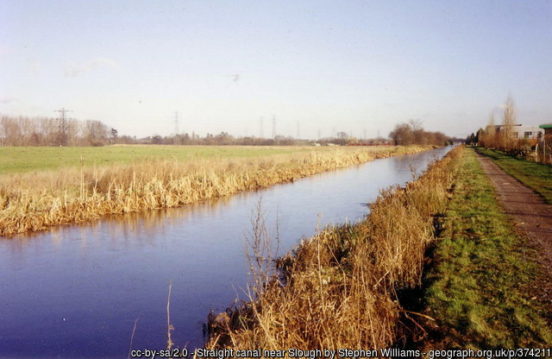
Better news is that in April 2021 the existing “Northamptonshire County Council” and the seven district councils are to be replaced with two unitary authorities, “North Northamptonshire Council” and “West Northamptonshire Council”. ABC has no issues with these names. Again, the phrase “County Council” is not to be used. Peterborough is also a part of the historic county of Northamptonshire but will not form part of either of these new authorities. But this fact does not make these names inappropriate.
Recent press reports also suggest that the Government is thinking of abolishing Cumbria County Council and creating two new unitary authorities to replace it. The end of a “county” of “Cumbria” with its “county council” and its replacement by two new unitary authorities can only be good news for the historic counties of the area. The pretence that Cumbria County Council is a replacement for Cumberland, Westmorland, Lancashire North of the Sands and the Sedbergh area of Yorkshire has been endured for far too long. Hopefully, new unitary authorities will cherish and even champion the historic counties of their areas.
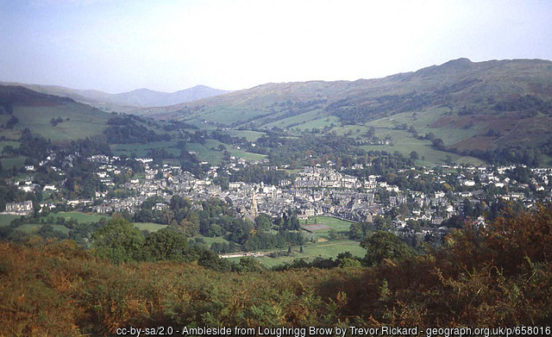
ABC suggests that it is also time to let the name “Cumbria” go. It is to similar to Cumberland and, after 46 years, too strongly associated with everything which is wrong with the mimicking of the historic counties by local government. A new name and a new identity would be a huge help in righting this wrong. An obvious thing would be a draw on the fact that the Lake District will form a major part of both the new authorities. “South Lakes Council” and “North Lakes Council” are names with much to recommend them. Let’s get shot of “Cumbria”. We have suffered enough.
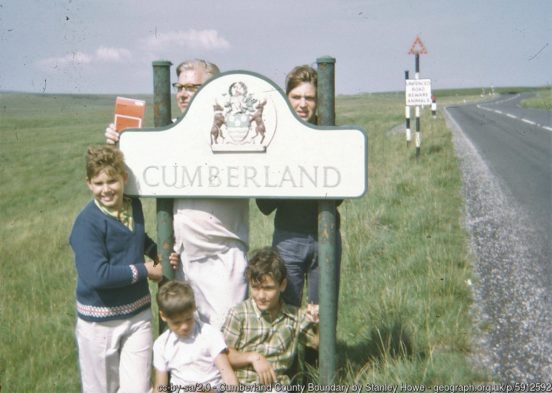
We will certainly encourage the successor authorities to celebrate the historic counties of this part of our country, rather than seek to undermine them. County borders signs should be erected. The county days should be supported. County flags should be flown. So much history. So much heritage. So much to be proud of. Let it flourish.
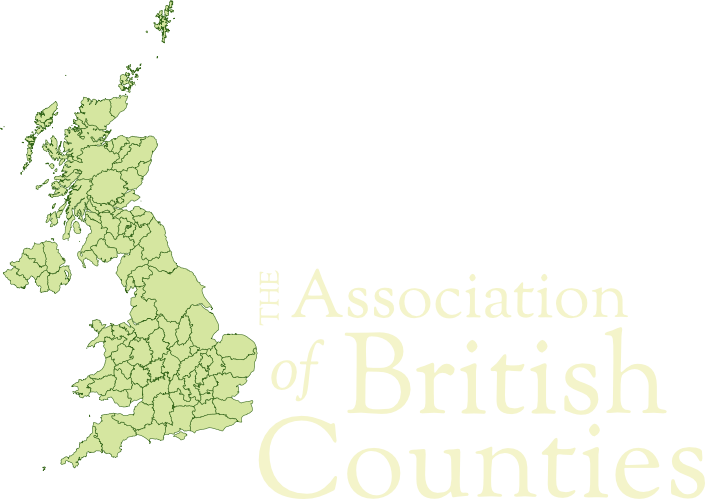
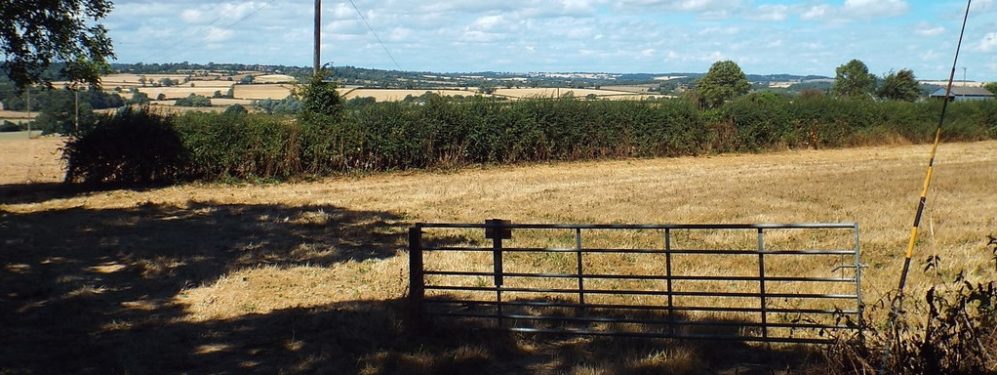
10 thoughts on “More “county councils” to go – to the huge benefit of our historic counties”
Very encouraging news on the campaign to restore historic/traditional counties of the UK.
What I’d like to know is: why do places like ‘humberside’,’avon’and ‘Cleveland’ – persist on calling their emergency service I.e.police,fire & rescue and ambulance – by their now abolished ‘county’ names?
A question for the Government. One imagines that these names will go once there is a major reorganisation in these services too. It’s probably true to say that police force areas are as big a factor in the media’s county-confusion as local government areas, since so many media stories involve the police. Exactly the same argument applies to police force names as to other administrative areas (e.g. of local government, lieutenancies etc.). They should not use unqualified historic county names unless there area is a close match to the historic county whose name they borrow.
This does create a problem as its stops these places from ‘going away’ to some degree. There is absolutely no one in Middlesbrough writing Yorkshire/North Yorkshire on their addresses and similarly no one I come across in Stockton On Tees writing County Durham – they all write ‘Cleveland’ even though the Royal Mail has recentlu updated all TS postcodes to finish in either NORTH YORKSHIRE or COUNTY DURHAM. if I sell online to anyone there I always address them with the real county but I bet it goes down like a lead weight. The fake ‘Cleveland’ in this instance has burned itself into the psyche of pople in that region. I still maintain it sounds fake and plasticky – in fact just prior to the Govt mess up in 1974 it was named ‘Area Number 4’ until ‘Cleveland’ was suggested as a catch all for the area. Laughably there is a real Cleveland which is Wapentake of the North Riding of Yorkshire south of Guisborough. However in M/boro’s desperately strange attempt to ‘escape’ Yorkshire.. for reasons unknown, we only need to go back as recent as 1968 when all heavy industry in that general region became the ‘County Borough’ of Teesside… which there was much jubilation about (the complete opposite of what happened when ‘Humberside’ was invented in 1974). So although ‘Cleveland’ was abolished in 1996 it is loved and embraced in Middlesbrough and Stockton to the point of obsession – even though the postal addresses now conform to the old real counties.. it has zero effect on people young and old there who like those who foolishly attached to ‘Cumbria’ attached to a ‘dream’ of Cleveland to distance themeselves from Yorkshire/Co Durham. Whitehall planners won that one in 1968 and 1964 I hate to say.
The continuing existence of the Cleveland Police force and Cleveland Fire Brigade doesn’t help rid the public consciousness of the name. How did that police force escape being divided up between Durham Constabulary and North Yorkshire Police, particularly in the wake of some scandal attached to it (that I vaguely recall, but cannot put my finger on)? It seems likely that Cumbria Constabulary will continue, as will Cumbria Fire and Rescue Service, whatever names the resulting unitary authorities end up with, perpetuating that name, too. Whilst I might have a degree of sympathy for those that will have to consider continuing or renaming Cumbria Constabulary and the fire brigade, as I cannot think of another term to cover the area they are responsible for, I despair at the decision made by part of the NHS in County Durham to style itself “County Durham and Darlington NHS Foundation Trust” and the fire brigade to call itself the “County Durham and Darlington Fire and Rescue Service”, as if Darlington was not in County Durham. The problem there, of course, is that Darlington Borough Council is a unitary authority, as is the misnamed Durham County Council, so both health and fire service organisations are covering two separate but contiguous local authority entities.
Great news especially regarding ‘Cumbria’. I like many hate that word, and the problem is that Kendal/Barrow/Sedbergh and so on have unfortunately embraced it and are only too eager to bask in writing ‘Cumbria’ on their addresses and have attached a misguided loyalty to ‘it’ at the expense of the beautiful ancient REAL counties to which they belong. The ‘Cumbria’ situation really does need special intervention and cooperation from successor bodies. The Sedbergh one is diabolical for example , trumpeting itself as the “..Cumbrian Book Town in the Yorkshire Dales..” showing their loyalty to the awful fake ‘county’ of Cumbria.
I do believe that this rot can be turned round if we all nudge the new successor authorities in the right direction. Also ‘Appleby in Wetmorland,Cumbria’ is a back handed acknowledgement of the residents actual ‘love’ for the fake ‘Cumbria’. It is half hearted and if the same residents were to correctly address themselves as ‘APPLEBY Westmorland’ followed by the postcode I can almost guarantee that they would refuse to do so, such is the misguided ‘love’ for Cumbria!!!!!!
I do hope we can get ‘Cumbria’ expunged from the English Language or at least drop-down menu’s for online form filling. It might upset Kendal etc folk who have WILLINGLY turned their backs on Westmorland but in the long run it must be done.
One lone voice, but I have been corresponding with parties in Carlisle and Warcop for some years and always write Carlisle, Cumberland and Warcop, Westmorland on the envelopes, respectively. I have no idea what the recipients think, if they even notice!
“The Cumbrian Book Town in the Yorkshire Dales”!!! It would be annoying – if it wasn’t so stupid that it’s hilarious!!
What I don’t get is that it was the UK Conservative party who was responsible for the destruction of 1000 years of British history in 1974 with this county confusion.
Granted some areas (the eastern part of the Greater Manchester council and parts of the Midlands are prime examples) desperately needed local government reorganisation. It would be a nightmare but not insurmountable for Saddleworth for example to be administered from Huddersfield. The architecture there however is unmistakably Huddersfield but I digress.
It’s the fact so many people in places like Liverpool seem attached to “Merseyside”. Every time though someone refers to Merseyside instead of Lancs or Cheshire, then they pay tribute to the Tory creation these are. I don’t care for politics but plenty in those areas aren’t too keen on that party. Still they are so keen on the creation of Edward Heath. Oh well
The Royal Mail have not used counties in postal addresses sonce 2000
Just dropped onto this interesting site. Not an expert so will leave the really detailed questions to others. So many people have so little knowledge and even less interest in local geography with all their faults the only reason some have any idea of their county is if their local authority/police have it in their name and it’s used by the media. Wonder if this does cease, because it doesn’t reflect accurately the true historic boundaries, will those historic counties fade even further from consciousness as for example has happened with Middlesex. Surrey nearby, even with the council that uses its name covering only parts of the real county, appears to “live on” more prominently. Clearly ideally all geographical references should use the real counties but wonder if that will ever happen? The media seems to use whatever constantly changing local government area appears at that moment